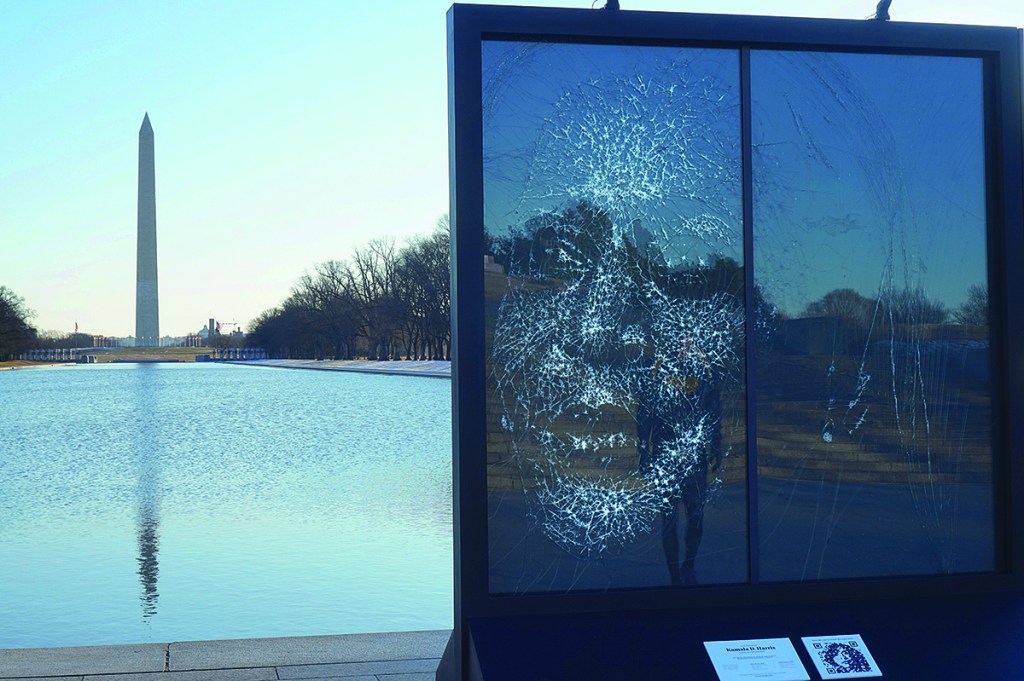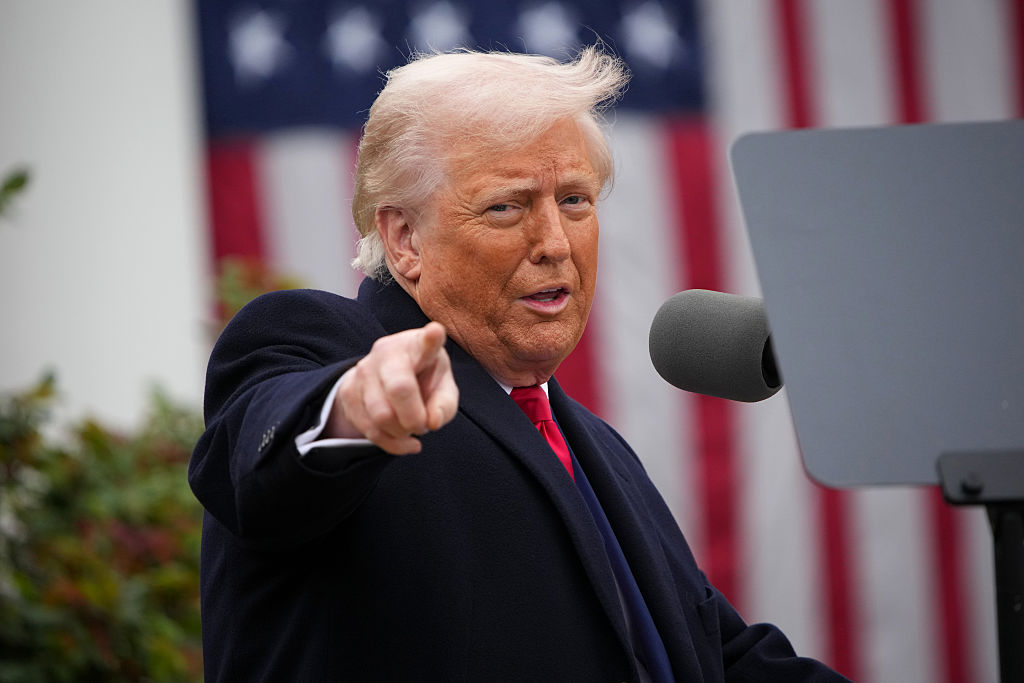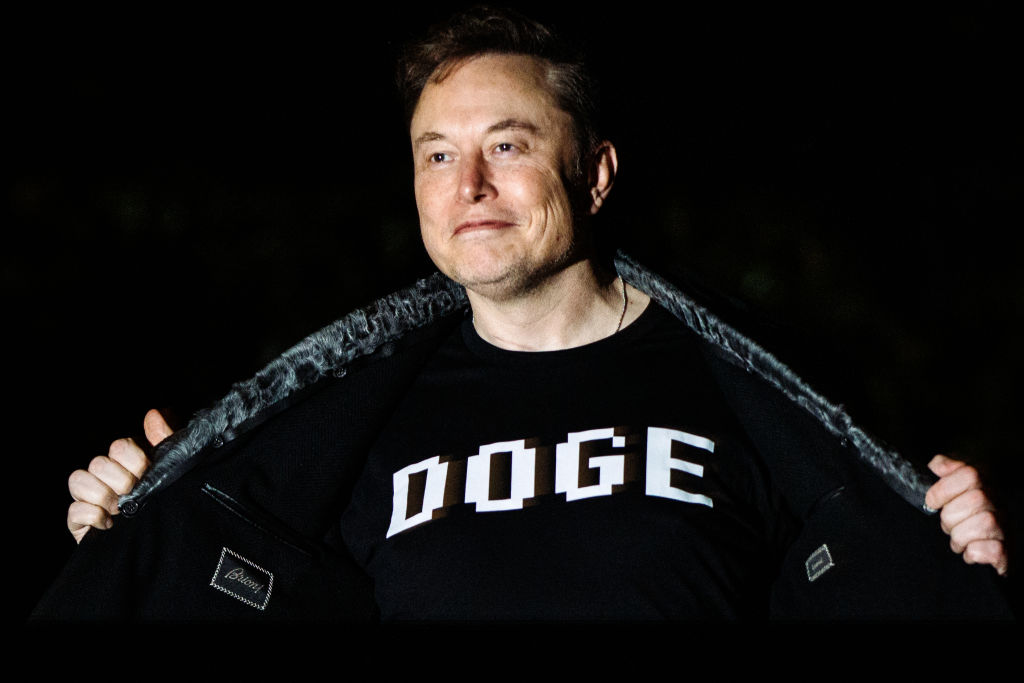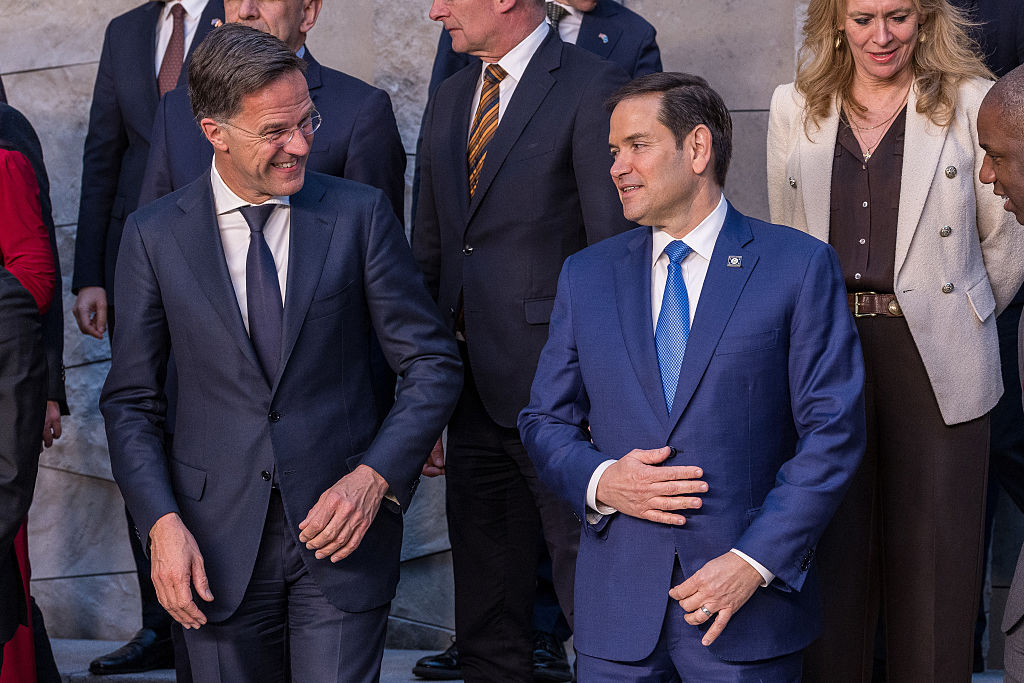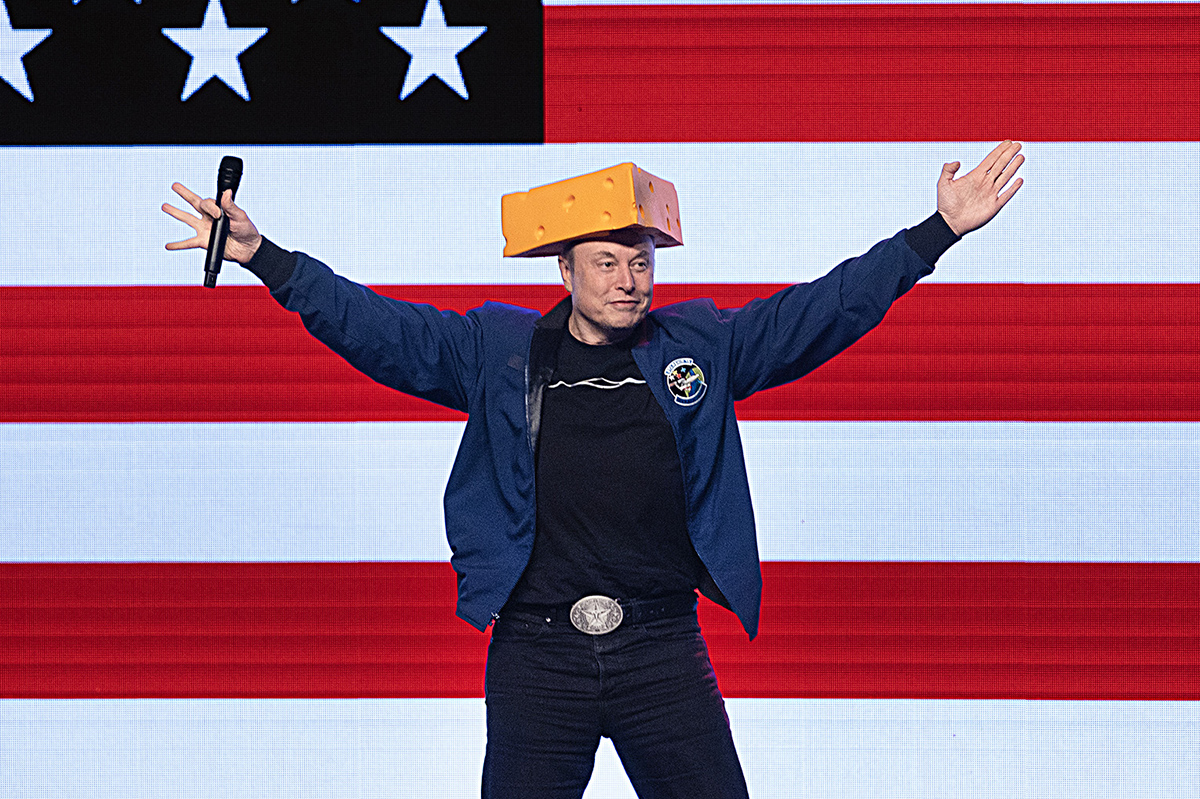We keep hearing about the end of California. The cost of living, the homelessness, the public schools, the shoddy roads and bridges have prompted a decades-long exodus that has accelerated dramatically in the Age of the Pandemic. The progressive canard — but everyone wants to be here! — is a canard, and it’s being used to sidestep an uncomfortable truth that conservatives love to drone on about: in California, there is no political marketplace. Which is true. It’s not just that Democrats enjoy a monopoly. It’s that the state GOP, which used to produce presidents and statesmen, has morphed into a risible adumbration of its former self.
But lurking behind the headlines is the new vice president, who, until recently, was California’s junior senator and is now nicely positioned to win her party’s 2024 presidential nomination. The plight of California will be campaign fodder — because Kamala’s rise and her state’s decline feel like the same story.
Republicans will cast Kamala Harris, if she becomes the Democratic nominee, as too progressive for most Americans. Maybe. She was a prosecutor. She did OK. She had a useful boyfriend. She got ahead. She ran statewide. Activists thought she was too tough on crime. Her network included studio chiefs and entertainment lawyers, like her husband. Her job was to balance left and ultra-left. She was a good balancer. She knew how to tell her story, which was a little too manicured. She ran for Senate. She won.
In Washington, she embraced The Resistance. She voted against Trump’s cabinet picks and Supreme Court nominees. She stoked the Russia gambit. She questioned Rod Rosenstein, the No. 2 at the Justice Department, and everyone talked about her prosecutorial skills. #MeToo happened, and she was among the first senators to call on fellow Democrat Al Franken to resign. She snagged Franken’s seat on the Judiciary Committee. She questioned Homeland Security secretary Kirstjen Nielsen. She questioned Brett Kavanaugh. She was tough!
By June 2018, a year and a half after she’d been sworn into office by her future running mate, she was telling NBC she hadn’t ruled out running for president, which meant she was running, which meant all her energies and speechifying and strategizing were now funneled through the lens of Iowa-New- Hampshire-Nevada-South-Carolina. She was done legislating.
Six months later, she formally announced her campaign from her hometown, Oakland. Twenty thousand people showed up. She raised a ton of cash. She was exciting! She was going to surf her way from the Senate to the White House. It was all happening! But then it didn’t. The campaign never scaled. She sounded just a little too staged. She didn’t have a thing. Mayor Pete’s thing was he was gay. Elizabeth Warren’s thing was the selfies. Kirsten Gillibrand was working the women angle hard. So what was Harris’s thing? She didn’t have one.
Then Joe Biden announced. He didn’t have one either — he was so staid — but he reassured donors. He made them think that soon things would go back to normal. At the debate, Harris tried to score some points against the former vice president on school segregation — ‘[T]here was a little girl in California who was a part of the second class to integrate her public schools, and she was bused to school every day. And that little girl was me.’
It was a sugar high, and it was telling. It was one of those moments that got progressives lathered up the way they used to get lathered up watching President Bartlet, before The West Wing was deemed problematic. No one else cared. Black voters, more. than anyone else, saw through the ruse. How could they not? Black millennials were breaking for Bernie Sanders. They wanted criminal-justice reform. They didn’t trust Harris, and they resented being told they should support her because she was the first black woman with a shot at the nomination. Older black voters, the most important voting bloc of the Democratic primaries, were mostly behind Biden.
They liked that he’d been Obama’s loyal lieutenant, and they didn’t believe he was a racist for maintaining a working rapport with two southern Democrats who opposed integration. They thought the same thing most adults thought: That’s what you did, once upon a time, to get things done in America. Harris hadn’t learned the lesson of 2016: politics had changed metabolically. The good students, the people who followed the rules and did everything the way they were supposed to — they lost. Biden would have lost, too, but then the virus, the lockdown and George Floyd happened.
The Republicans will argue, in a 2024 general election, that she wants to turn America into California. That’s unlikely — a President Harris wouldn’t enjoy the carte blanche that California’s governor Gavin Newsom does, and even if she did, she’s never been a liberal lion. She’s a striver in the way people strive now, without standing for much, if anything; without embracing a politics that extends beyond herself. The art of politicking today is to turn one’s solipsism into a world-view while allowing one’s supporters the headspace to impose on that worldview whatever makes them happy. This was the genius of Obama and, to an extent, of Trump.
The real danger posed by Harris is the Californication not of our economy but of the way we think about and talk and relate to each other. A president’s tone matters. So does style, mannerism, body language. Timbre. We learned all this from Trump, who turned his Republican kowtowers into mini-would-be-Trumps — pathetic, blathering — and his Democratic rivals into dumber, shriller versions of themselves. We were smarter in the ancient land of 2015.
Harris conveys the inauthenticity of the milquetoast progressive, the progressive who claims to want to fix everything but has never spent any capital fixing anything — the progressive who isn’t really a progressive or a neoliberal, who intuits that to believe in anything deeply is to be a fool. Harris, like all successful office-seekers, is a chameleon, but just a little too much. Bill Clinton intuited that one must never lose sight of oneself entirely; you can’t be 100 percent politician and still lead. Ditto George H.W. Bush.
This is the tragedy of California in 2021. Until a few decades ago, the old mythology still had some of its sheen. The Okies, the Forty-Niners, the indentured servants from China, the black welders and riveters from the South, the Vietnamese who escaped the war, the Mexicans and Guatemalans and Salvadorans who crossed through desert and highway and frozen night skies — they believed in the seemingly illimitable possibility of this place so far from everywhere else. Unburdened by history. They imagined it might be for real. They imagined they might be able to rebuild themselves — to disappear and be reborn and, in the beautiful, undulating sands and forests of the frontier, to reclaim the person they believed they had been sent here to be.
There was always a tension — between old and new, the moneyed interests and the fresh-off-the-boaters — but that is a universal tension. That was not specific to California. What was unique was its elasticity. A resistance to the rigidities and inertias of the east.
But then California went wobbly. This was a long time coming, but you couldn’t really feel it until the late Eighties or early Nineties, after the crack wars and before Web 1.0. For a while, Silicon Valley made one forget that the old institutions were coming undone. But the internet couldn’t reverse the shifting of the plates — on the contrary, it expedited processes that had been in place for many years. The cities became more stratified. The schools rusted. The big-box stores in Barstow and the Inland Empire and on the freeways between Fresno and Modesto smothered the main streets of the little towns of the Central Valley. Everything became uglier.
Mostly, there was the inauthenticity. The faux compassion. The faux possibility. The feeling that we were no longer a we, that the connective tissues had been loosened, and it was us versus them. The atomization of everyone.
The connective tissue of the old California was the struggle. The belief that, in this place, one had no choice but to be the person one dreamed of being, because it wouldn’t happen anywhere else. Many people no longer believe that. That’s why they’re leaving. Of course, there was always tragedy. Inequity. Hurt. Loss. Unrequited love. But the struggle to transcend the past, to become our fantasy doppelgänger version of ourselves — that was widely felt.
The Vice President is a simulacrum of the old California. Or a hallmark of the new one. She says that which must be said. She knows how to signal, how to genuflect. There is about her a studied liberalism with a touch of let-them-eat-cakeness. It is hard to imagine that kind of candidate, in 2024, circumnavigating the Democratic shoals and winning a general election. America is angry. It will not be less angry in three or four years. But she’ll poll and pivot and tweak and sidestep and make voters forget whatever must be forgotten. One can imagine her tapping Buttigieg to be her No. 2 and running on an agenda she has yet to devise. This agenda would bear some, but not too much, resemblance to whatever she believes in right now. Harris playing Harris. One can imagine that working — for her, at least.
This article was originally published in The Spectator’s March 2021 US edition.



